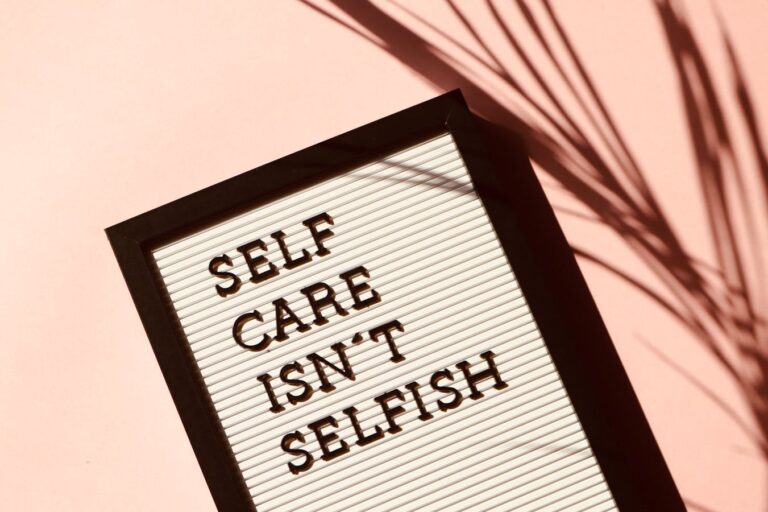Embracing Intersectional Identities: Asian American Heritage and LGBTQIA+ Pride
LGBTQIA+ Pride Month, celebrated in June is a time to honor the rich and diverse cultures, histories, and contributions of LGBTQIA+ communities. This month also presents an opportunity to highlight the unique experiences and challenges faced by individuals who navigate the intersection of Asian heritage and LGBTQIA+ identity. Working with a therapist who understands these overlapping identities is crucial for effective mental health support and personal growth.
The Importance of Intersectionality
Intersectionality is a framework for understanding how multiple social identities—such as race, gender, sexuality, and ethnicity—intersect to create unique experiences of discrimination and privilege. For Asian LGBTQIA+ individuals, this intersectionality can bring about distinct challenges and stressors. Cultural expectations, family dynamics, and societal pressures can all influence their lived experiences and mental health.
Unique Challenges at the Intersection
Cultural and Familial Expectations:
1.Many Asian cultures place a strong emphasis on family honor, collectivism, and traditional values. These cultural expectations can create significant pressure for LGBTQIA+ individuals who may feel torn between their authentic selves and their duty to family and cultural norms. Coming out can be particularly daunting, with fears of rejection, shame, and disappointment.
Racial and Ethnic Stereotyping:
2.Asian LGBTQIA+ individuals often face racial and ethnic stereotyping, which can compound their experiences of discrimination. They might encounter fetishization, exoticization, or invisibility within both the broader LGBTQIA+ community and society at large. These stereotypes can impact their self-esteem and sense of belonging.
Mental Health Stigma:
Stigma surrounding mental health is prevalent in many Asian communities. This can discourage individuals from seeking help, leading to untreated mental health issues. When compounded with the stigma surrounding LGBTQIA+ identities, the barriers to accessing mental health care can be significant.
The Role of Culturally Responsive Therapy
Working with a therapist who understands the nuances of Asian heritage and LGBTQIA+ identity can make a profound difference. Here are a few reasons why culturally responsive therapy is essential:
Cultural Sensitivity:
1.A therapist who is culturally competent understands the cultural contexts and values that shape an individual’s experiences. This understanding allows them to provide support that respects the client’s cultural background, avoiding misunderstandings and fostering trust.
Validation of Lived Experiences:
2.Therapists who are knowledgeable about the intersection of Asian heritage and LGBTQIA+ identity can validate their clients’ experiences, reducing feelings of isolation. Recognizing and affirming the unique challenges faced by these individuals helps to create a safe and supportive therapeutic environment.
Tailored Interventions:
3.Culturally competent therapists can tailor interventions to address the specific needs of Asian LGBTQIA+ clients. This might include exploring family dynamics, addressing internalized stigma, and developing coping strategies that are culturally relevant.
Empowerment and Advocacy:
Such therapists can empower clients by helping them navigate their identities and advocate for themselves. They can provide resources and support networks that are inclusive and affirming, fostering resilience and self-acceptance.
Moving Forward
As we celebrate LGBTQIA+ Pride Month, it’s important to acknowledge and honor the diverse identities within the Asian community, including those who identify as LGBTQIA+. Recognizing the importance of intersectionality in mental health care is a step toward more inclusive and effective support for all individuals.
Seeking therapy from a culturally responsive therapist who understands the complexities of Asian heritage and LGBTQIA+ identity can be transformative. It ensures that individuals receive the empathy, validation, and tailored care they deserve, empowering them to live authentically and thrive. This month, let us commit to embracing and supporting the rich diversity within our communities, and advocate for mental health care that honors and respects all aspects of our identities.







